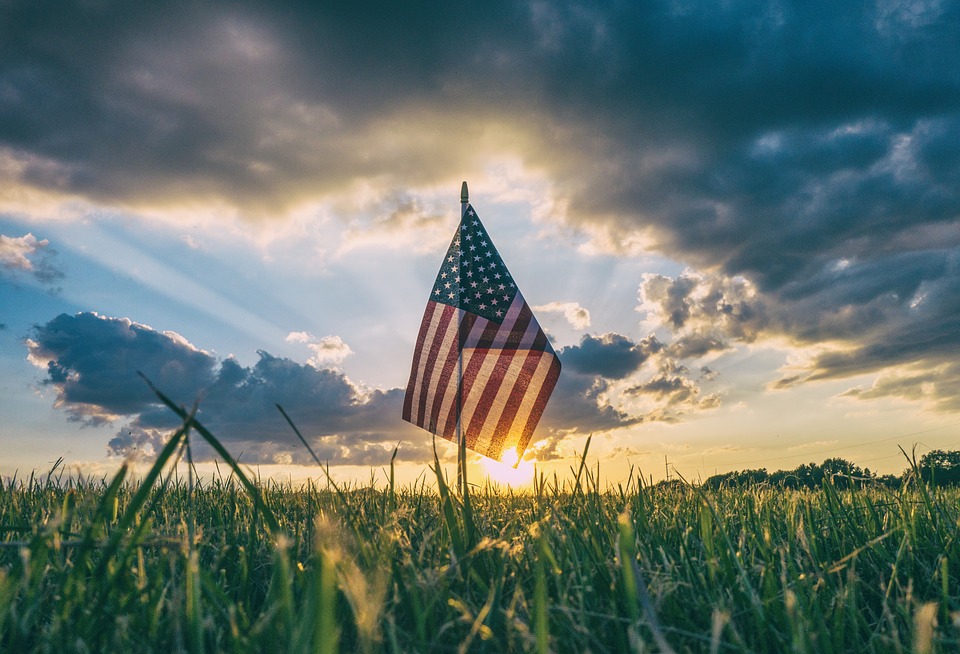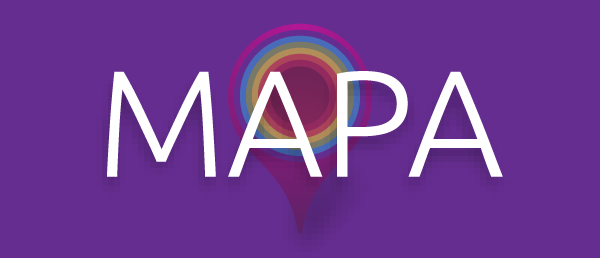 After a one-year stay in the United States of America, where she strove to start a new life free from social prejudice towards her sexual orientation, 31-year-old Ena Knežević decided to return to Bosnia and Herzegovina. The uncertainty, the difficult financial situation, and the vague future forced her to make one of the hardest decisions of her life and return to the country she wished to leave behind.
After a one-year stay in the United States of America, where she strove to start a new life free from social prejudice towards her sexual orientation, 31-year-old Ena Knežević decided to return to Bosnia and Herzegovina. The uncertainty, the difficult financial situation, and the vague future forced her to make one of the hardest decisions of her life and return to the country she wished to leave behind.
Source: Diskriminacija.ba
Because of the perennial feeling of being unable to integrate fully and equally as a lesbian in the Bosnian and Herzegovinian society, Ena decided to leave her country and seek asylum in the United States of America. The asylum was finally granted to her, but only two weeks after she returned to Bosnia and Herzegovina – due to the difficult financial situation she faced in the USA.
Identity discovery and the impossibility of fitting into templates
“It was a long-lasting process of an internal struggle with oneself, a self-acceptance within the reality of the society we live in,” Ena begins her story and explains how it took her a long time to start to openly talk about her sexuality with others. The first family member that she came out to was her aunt, after which she also talked to her mother, who, as Ena says, still is convinced that this is a phase that will pass. In the early youth she had no problems about her LGBTI affiliation with those around her, but on the other hand, she never emphasized that part of her identity very much. Problems began to emerge when that part of her identity could no longer be kept private.
The comprehension that in Bosnia and Herzegovina she might never lead a normal life with her partner – without hiding, work problems, fear of potential assaults – and the death of her grandmother, who was her greatest support, led Ena to the decision to try to leave Bosnia and Herzegovina and go to the United States of America. Via a tourist visa she went to Las Vegas, where she first stayed with her father, but as she did not receive the necessary support from him, she soon became self-reliant.
“The preparations for the departure were very emotionally and psychologically exhausting because when you leave, you don't leave only the bad things behind. I was in a state of general confusion, fear of the unknown, mixed emotions that alternately overwhelmed me,” says Ena and explains that she was not quite prepared for the changes that came with the change of residence.
“Any drastic change in terms of changing one’s place of residence is considered to be leaving your comfort zone, no matter to what extent this comfort zone was previously comfortable or not. With such a decision comes the change of a complete set of habits and an encounter with cultural shocks of that region. Since I did not have a similar experience before, I could not adequately evaluate the extent to which I was at all ready for everything that such change brings.”
First steps and building a case
Upon arriving in the United States of America, Ena found a state attorney who worked on her case pro bono. As she explains, that is a right that was guaranteed to her.
“Any person who comes has the right to hire a state attorney, who in this particular case does not take any financial compensation for attorney services that would otherwise cost a lot of money.”
She worked actively with her attorney for several months on her case, upon which she filed an asylum request.
“I do not know how to explain it best; building a case looks like an extremely long session with a psychotherapist, where you have to expose your whole life and the reasons why you ask for this asylum – to convey and tell this person and for a while re-experience the various traumas of the past. Another thing that is also a barrier is that possibly some of the accompanying material in our language needs to be translated into English and notarized by a court interpreter”, explains Ena the process of building a case and adds that part of the documentation may also be different reports from non-governmental organizations from Bosnia and Herzegovina and the world about the state of human rights in the country that one wants to leave. Her case was finally presented on around 400 pages. The Sarajevo Open Center also helped her with it and provided accompanying materials that served as evidence of her claims.
“Everything is relevant – from the homophobic statements of public figures, whatever appears in the media in the form of a hate crime or hate speech and illustrates the situation in that society, to the experience of friends from the LGBTI community, alongside your own, can serve as supporting evidence.”
Being left to yourself
A major problem for asylum seekers in the United States is the fact that until the moment of a positive response to the submitted request, applicants have no right to legal employment. A work permit can be obtained only if the response to the case delivered to the immigration service takes longer than five months, explains Ena. Basically, the luckiest are those who initially have savings and secured accommodation with acquaintances. Others have to find a job illegally, find accommodation however they can, and there is also a real danger of ending up on the streets without a roof over your head. Although Ena's profession is highly sought after, that fact that she did not have work permit denied her the possibility of stable employment. Without acquaintances, away from home, and without money, during one period of time she resided with people she had just met. As time went on and she was not sure when she would receive feedback on her request and what the response would be, at one point she decided that the most rational next step would be to return to Sarajevo.
“At that point I thought that my asylum request would not be approved, knowing that much more terrible things were happening to other members of the LGBTI community in some other parts of the world, who also come to countries where their human rights issues are established to seek asylum. In all this turmoil, I made the decision to go back to Sarajevo, where at least I have a roof over my head and the support of people dear to me.”
Return to Bosnia and Herzegovina
Two weeks after returning to Bosnia and Herzegovina, Ena was informed that asylum was granted to her, but now return to the United States of America for her is no longer possible. According to the immigration rules, she should not have returned to the country she wanted to leave.
“Any departure from the country while waiting for an asylum response must be reported to the competent authorities and there must be a good reason for doing that, so it is not recommended to make any kind of movement beyond the borders of the country under whose protection you are at that time. If you return to the country from which you are applying for asylum at any time during the process until you obtain citizenship, which lasts several years, every possibility ceases of doing anything in the legal sense in this specific case.”
Although she was in the United States of America for only one year, Ena managed to experience the freedom that members of the LGBTI community enjoy in that country. During a short relationship with a girl she met in the USA, she realized that she did not have to hide as a lesbian in public because “people did not turn their heads” or comment on them holding hands or kissing in the street or restaurant.
This freedom is a luxury here and can bring a number of negative consequences, so people fear showing any kind of affection to their partners in public.
Although her attempt to live a new life in the USA did not go the way she had expected, Ena intends to find a new chance to go, this time in a country closer to home.
“To feel sorry about the outcome of this whole situation is absolutely pointless at the moment and I decided not to look back on the things that went by and instead to focus on creating a new story. However, there is this period of recovery, because going to any foreign country is a big step and needs a lot of adjustments at various levels to integrate into the society you are in. As for new opportunities, I think that with time a way can be found to go somewhere else, this time under different conditions. I hope that through this experience I will be able to help someone else who decides to do the same or similar undertaking,” concludes Ena.
This article was made in cooperation with partners from the organization Schüler Helfen Leben from Berlin.





